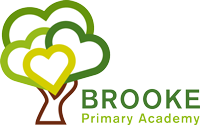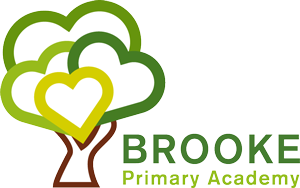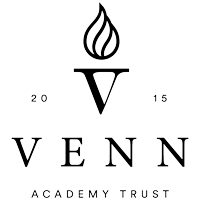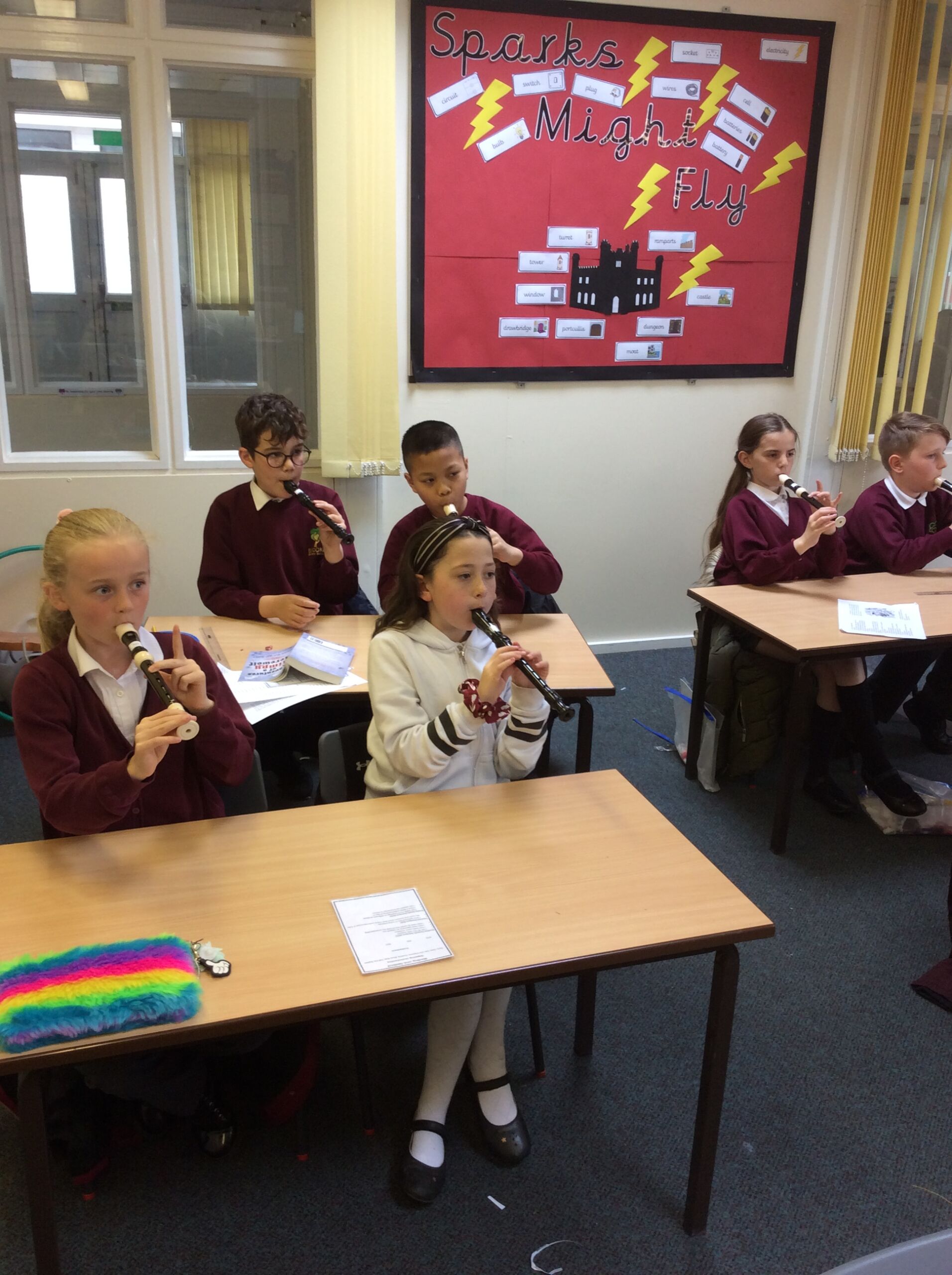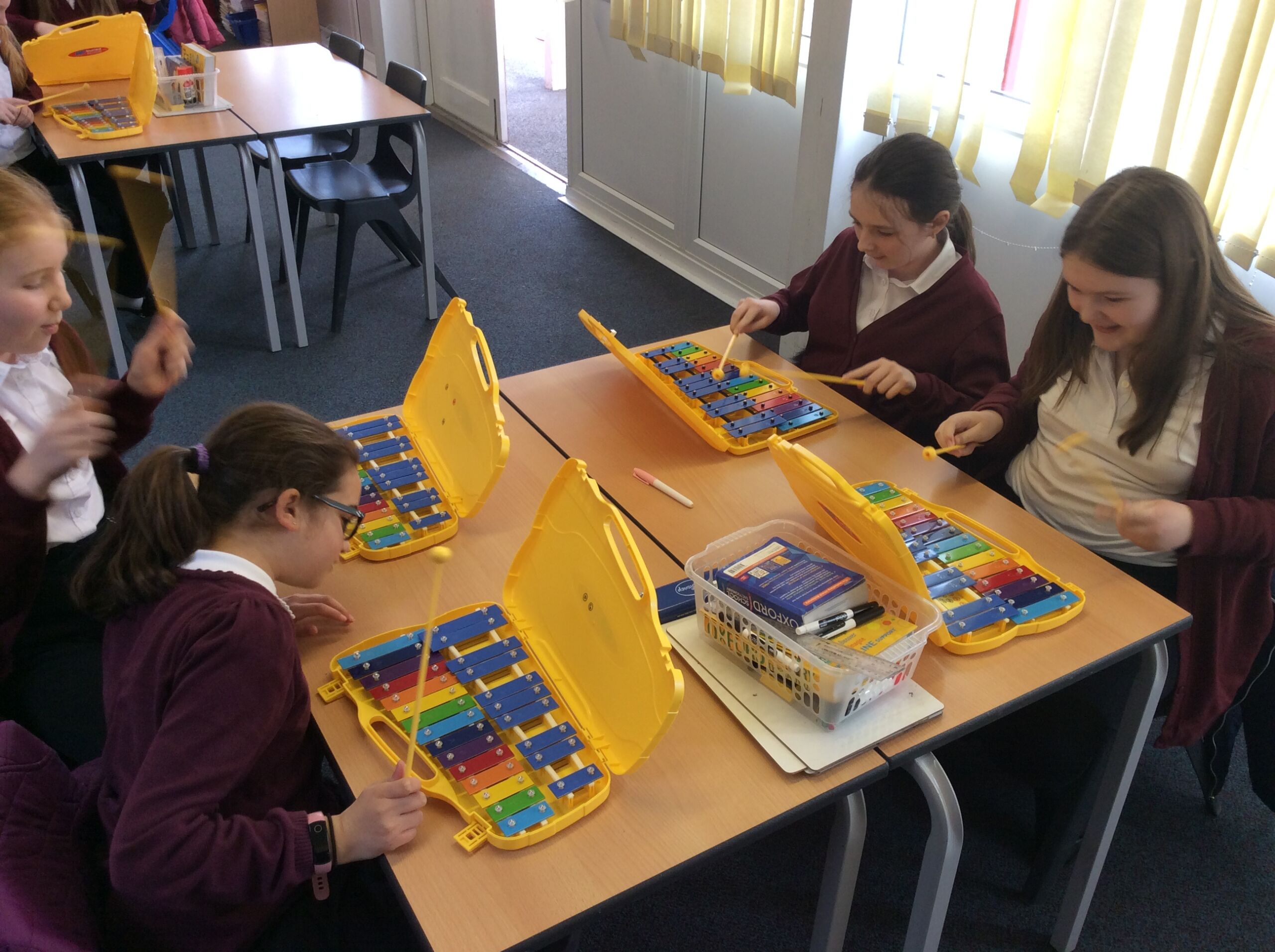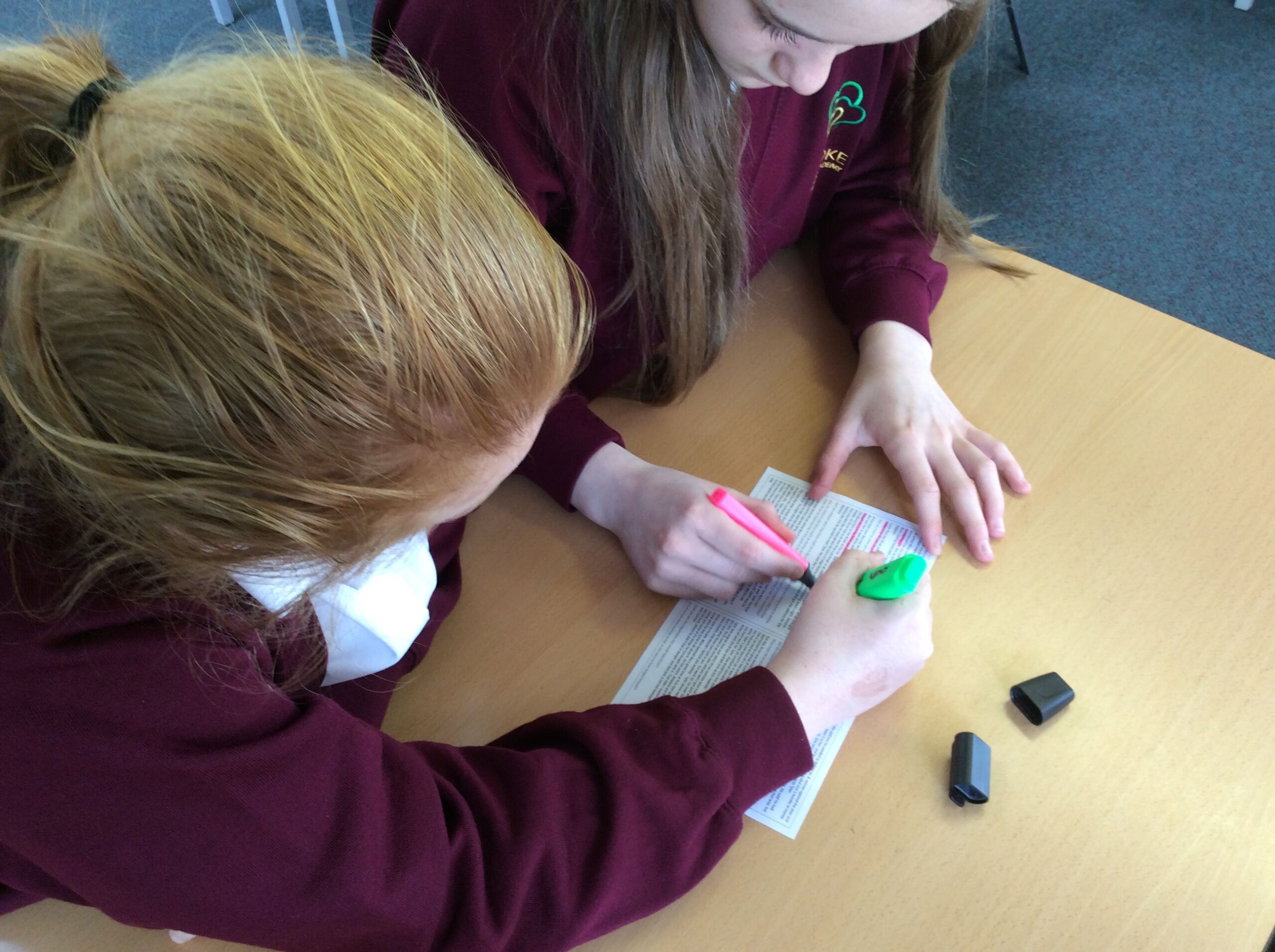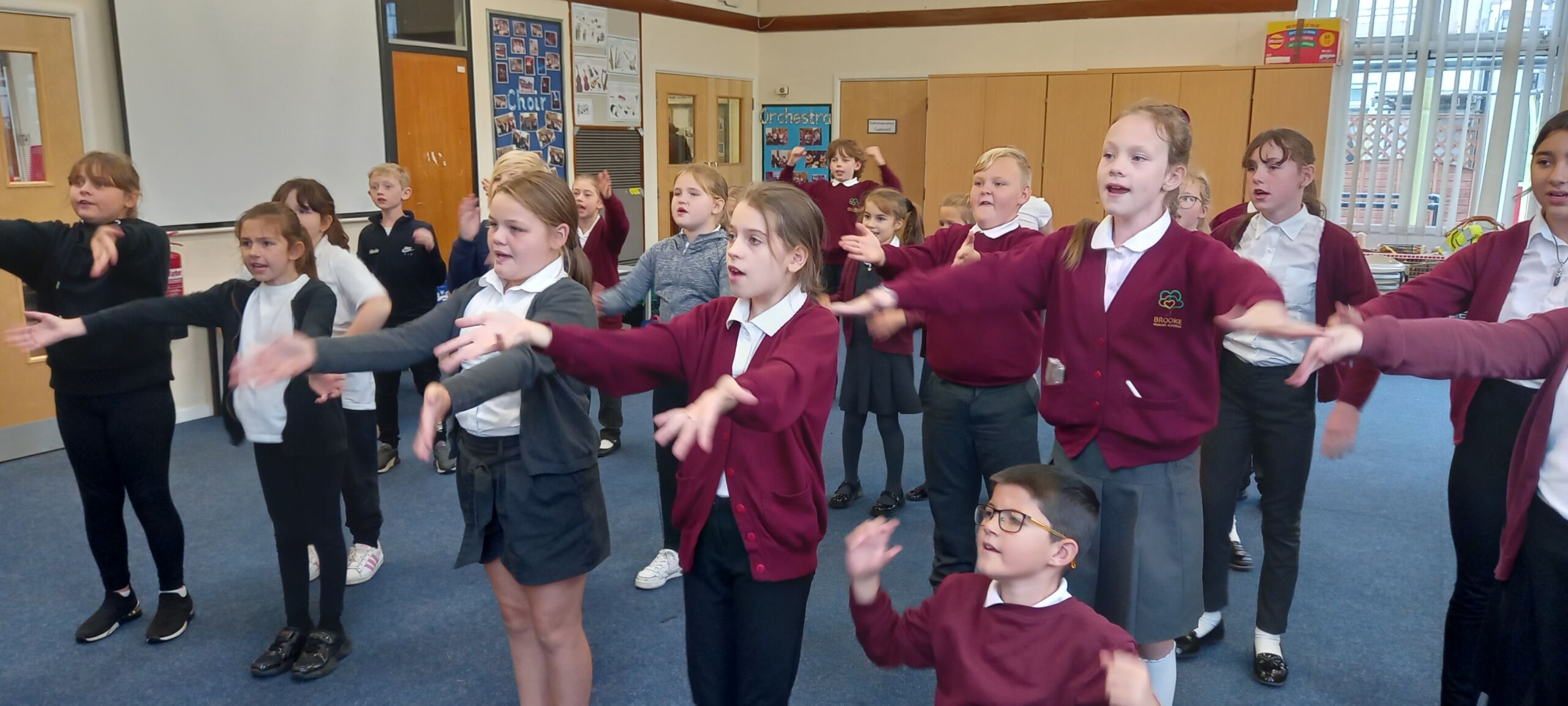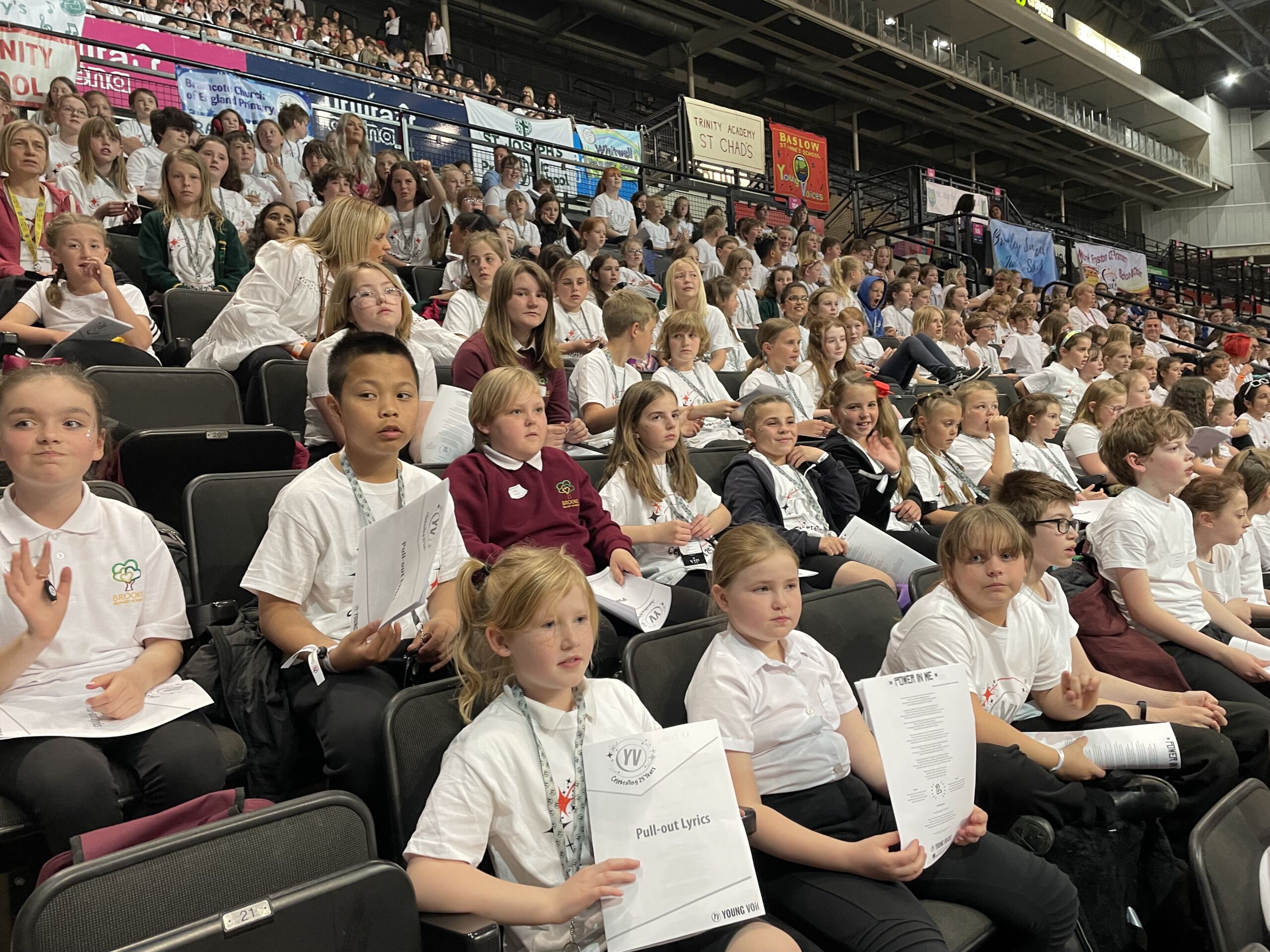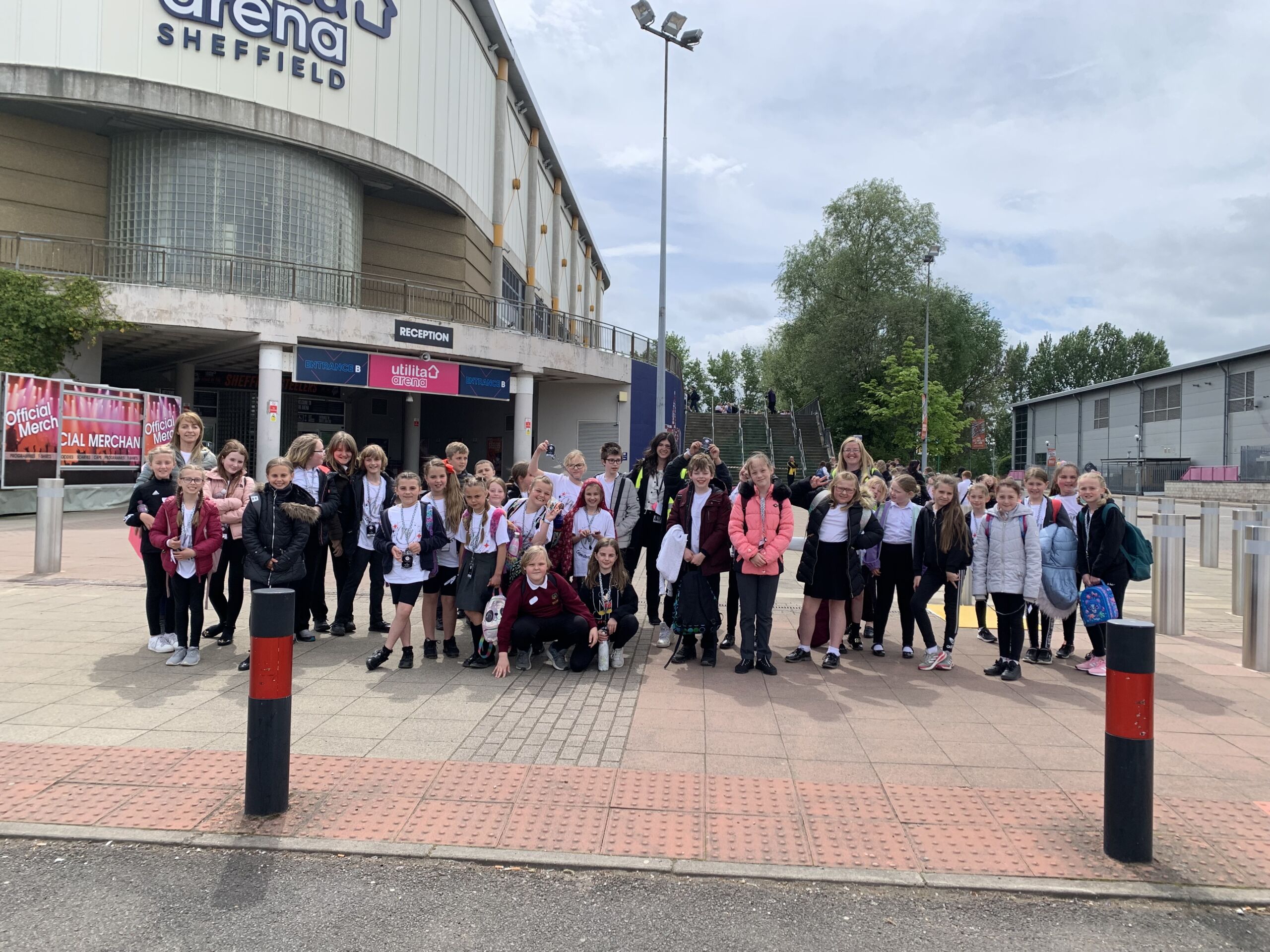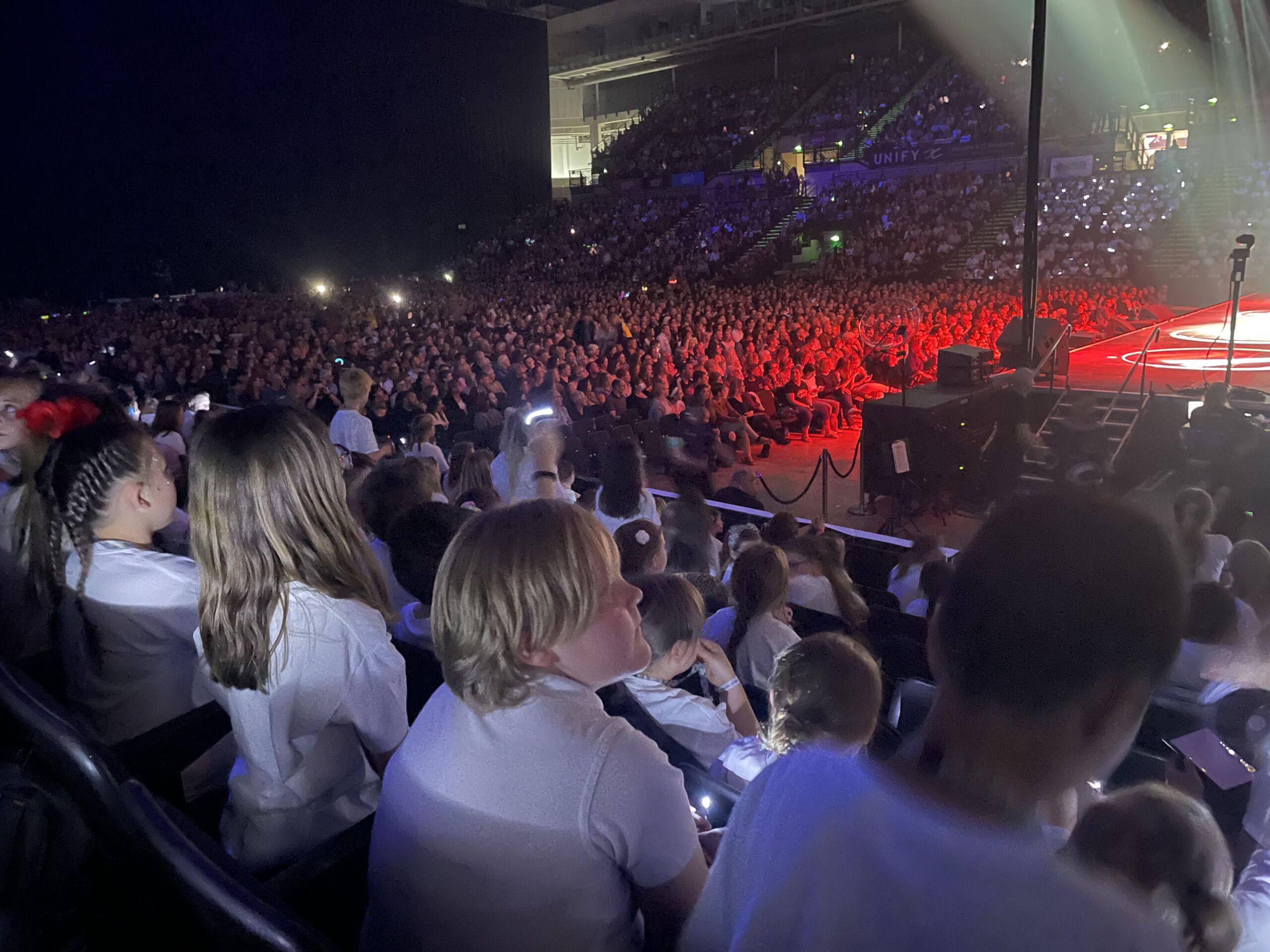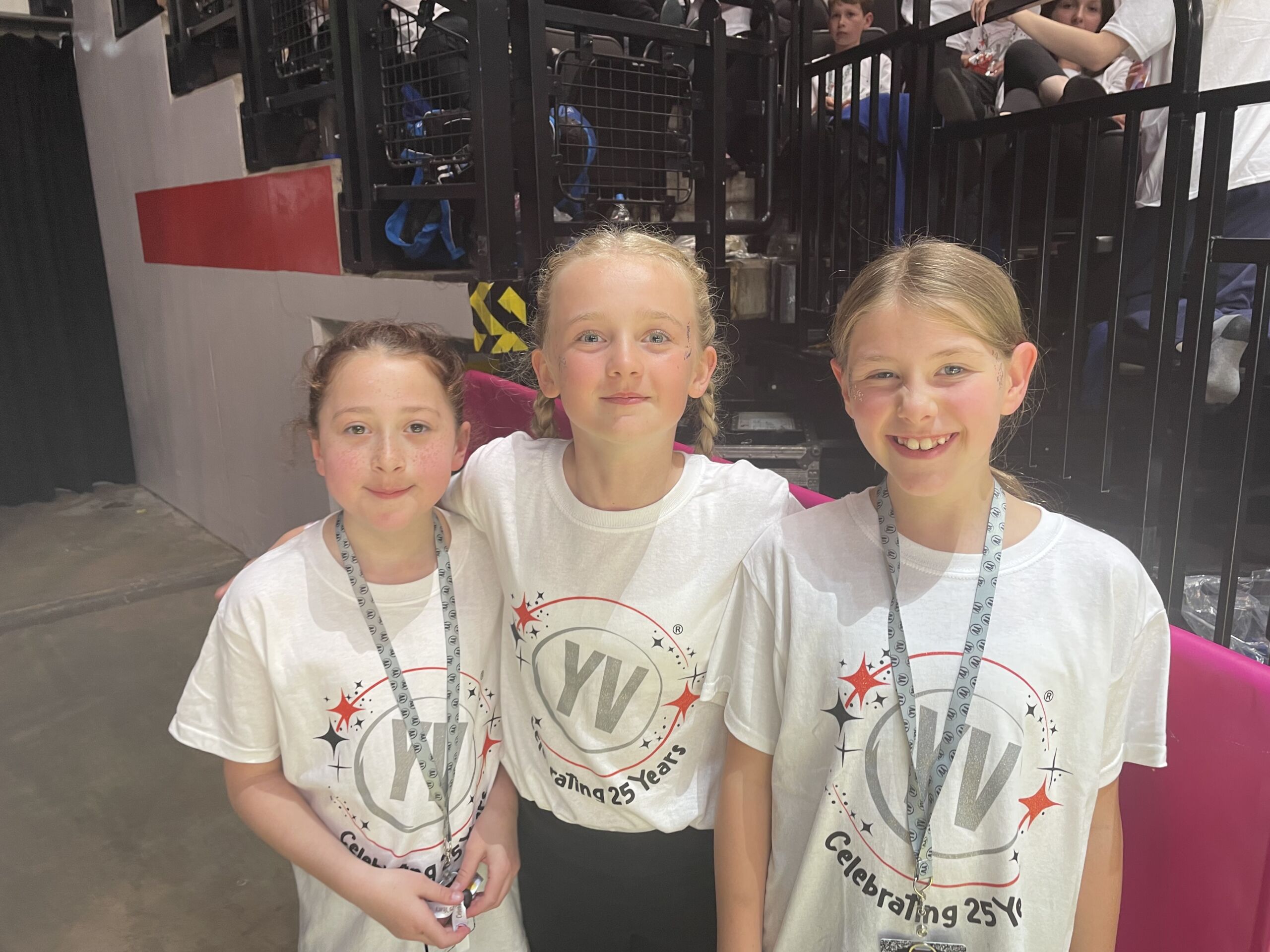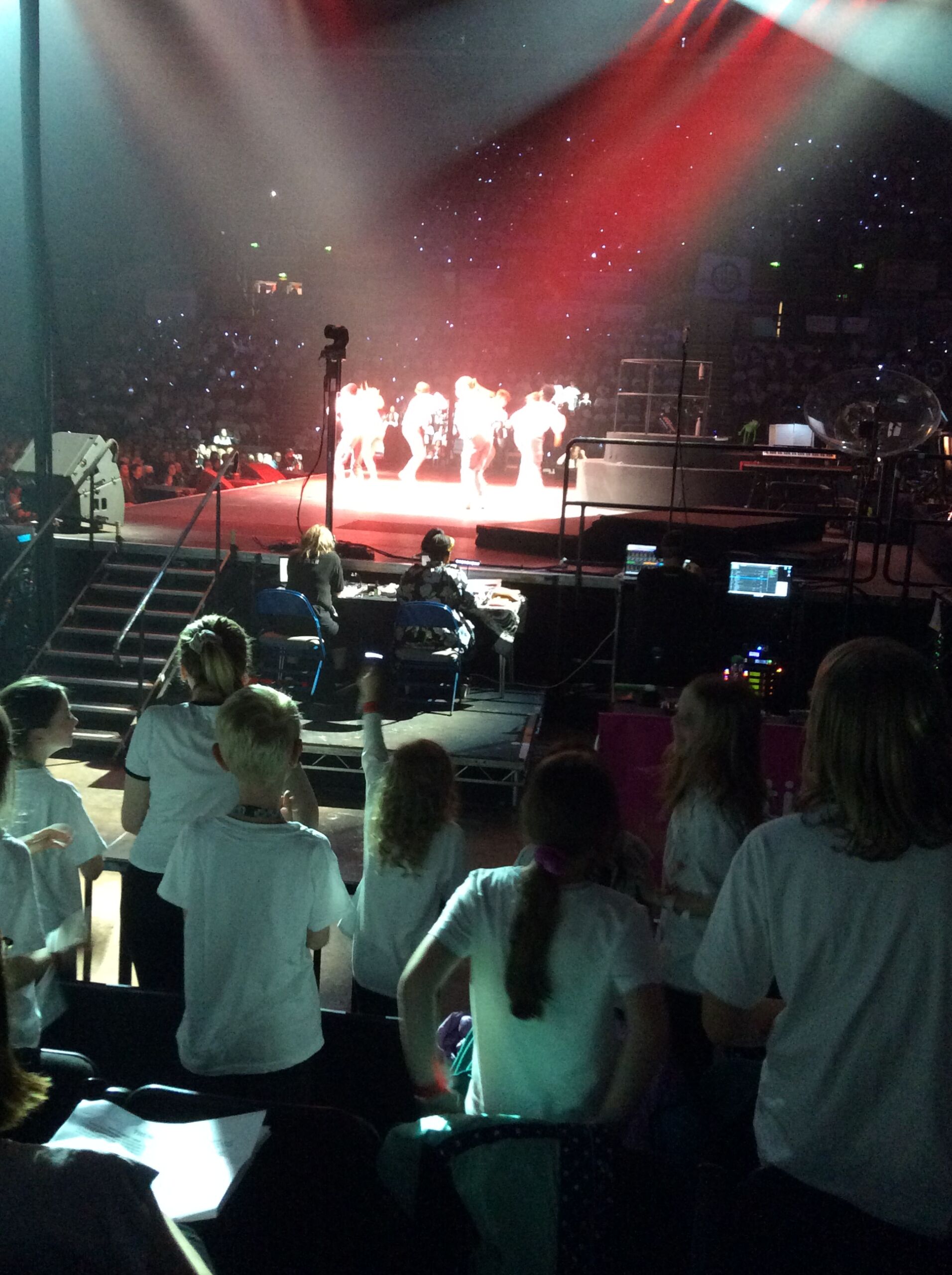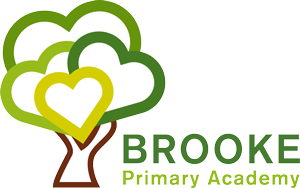
A Venn Academy Trust School
– Together we will…
Venn is a pioneering academy trust, committed to building educational environments where all pupils are inspired to become lifelong learners who achieve the very highest standards possible.
Collaborating with all partners, the Trust works with its unique settings to create world class learning experiences for all.

Music
Ambition
At Brooke Primary Academy, children will:
- sing and perform to an audience with enjoyment and confidence
- appreciate music, musicians and composers from a range of genres and periods of time
- play a musical instrument and read musical notation with confidence
- develop a love of music and value and appreciate music as a soundtrack to life
Implementation
The music curriculum ensures children sing, listen, compose, play, perform and evaluate. This is embedded in activities which take place in lessons, as well as singing assemblies, various concerts and performances and the learning of instruments.
Children are expose to music from the start of their educational journey. Children in nursery are exposed to music within the provision; they can access instruments freely and regularly take part in singing and listening to music.
Children in F2 – Y6 have a music lesson each week and follow units planned through Charanga. Within this scheme children are exposed to a wide variety of music styles and genres; in the classroom and through assemblies. Units of work are planned to ensure that pupils have the opportunity to listen, sing, play, improvise, compose and appraise.
Pupils are also given the opportunity to compose or perform using body percussion and vocal sounds which develops the understanding of musical elements without the added complexity of an instrument.
Additionally, throughout school pupils are given the opportunity to learn how to play a variety of musical instruments. This may be part of their weekly music lesson, direct teaching from a peripatetic teacher or part of the lunchtime and after school clubs.
Foundation Stage 1: The children are introduced to music as part of the provision. Music forms part of many aspects of the EYFS framework, including phase 1 phonics.
Foundation Stage 2: The children use a variety of untuned instruments. The Glockenspiel will be introduced through the Charanga unit.
Year 1: The children use a variety of untuned instruments and will continue to familiarise themselves with the glockenspiel through the Charanga unit.
Year 2: The children will develop their understanding of music and develop their skill in the glockenspiel.
Year 3: The children will continue to develop their understanding of music and their skill in the glockenspiel.
Year 4: In Y4 the children are introduced to the recorder. The charanga scheme has been adapted to include a full unit on learning the recorder. A specialist member of staff supports the music lesson to develop the children’s skill in this instrument.
Year 5: In Y5 the children will continue to develop their accuracy, fluency and control of the recorder. The specialist member of staff will continue to work directly with the children. The children can develop their skill further through a lunchtime recorder club.
Year 6: In Y6 the children will study Charanga units and revise their knowledge and skills of the recorder.
Clubs
Recorder club – This is delivered by our own skilled musician, Mrs Cheetham and takes place at break time.
Orchestra – This is open to children in Y4 – Y6 who are attending music clubs or have peripatetic/private instrument lessons
Ukulele Club – This is delivered by our won skilled musician, Mr England and takes place after school
Choir – This is open to children in KS2. We practise songs to sing at Young Voices, Christmas and other school events
Impact
By the end of their time at Brooke we want pupils to have been exposed to many musical forms and genres. They will be able to sing and feel a pulse, identify what aspect of music they enjoy and explain why.
As part of the curriculum our children will know more, remember more and understand more about Music. They will also be equipped to further develop their musical skills should they wish to.
Finally, they will be prepared for the next stage of their educational journey.
Further information and resources
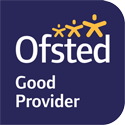
Support for SEND: The school effectively identifies and supports pupils with special educational needs and/or disabilities (SEND), involving parents in the assessment process and adapting lessons to help these pupils build new knowledge.

Promotion of Values: Pupils learn about diversity and British values through various activities and demonstrate positive attitudes and respect for others. The school also encourages community involvement, such as the choir singing in residential homes and helping at the local food bank.

Extracurricular Activities: There is a wide range of clubs available, such as football, rugby, forest school, and choir, which help develop pupils’ talents and interests.

Curriculum and Learning: The curriculum is well-considered, building on previous learning to deepen understanding. While assessment systems need improvement, the school’s overall approach helps in identifying and supporting pupils’ needs.

Positive Behaviour: Changes in how behaviour is managed have helped pupils reflect on their feelings and make better choices. This has resulted in positive behaviour during lessons and playtimes.

Anti-Bullying: Pupils respect each other, believe in the school’s values, and feel confident that any issues, including bullying, would be resolved quickly by adults.

Safeguarding: The school has effective safeguarding arrangements, creating an open and positive culture that prioritises pupils’ interests.

Reading and Phonics: The school is committed to ensuring all pupils learn to read. Effective training and support for teachers, along with appropriate reading materials and catch-up sessions, help pupils read accurately and confidently.

School Environment: The academy is described as a warm and welcoming place where pupils feel safe and happy. Respectful and positive relationships are central to the school’s environment.

Early Years Provision: The early years setting promotes positive relationships and collaboration among children. Adults model effective communication and use assessment well to engage children in their learning.

Governance and Leadership: Trustees and governors are skilled and committed, regularly visiting the school and maintaining an accurate picture of its operations to ensure continued improvement.

Overall Effectiveness: The school is rated “Good” in all categories, including quality of education, behaviour and attitudes, personal development, leadership and management, and early years provision.

High Expectations and Progress: The school sets high expectations for all pupils, which are being met. Parents appreciate the support and information provided by the staff and are pleased with the progress their children make.
